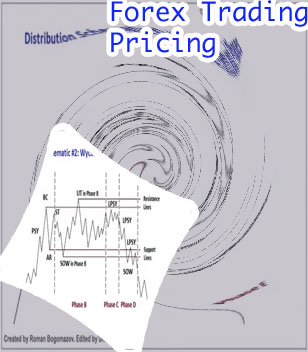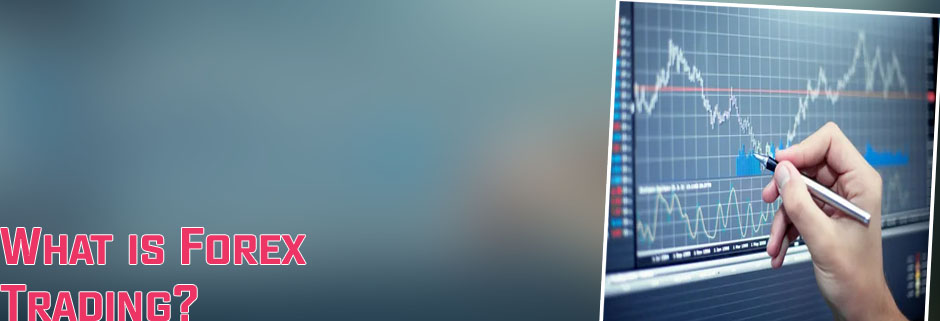When did forex trading start
As India continues to grow as a major player in the global economy, many residents are turning to forex trading as a way to invest and expand their financial portfolios. However, the history of forex trading in India is a topic that is often overlooked. To shed light on this subject, we have compiled a list of 4 articles that delve into the age-old practice of forex trading for India residents. From the origins of forex trading in India to the current regulations governing the industry, these articles will provide valuable insights for anyone interested in learning more about this fascinating aspect of the financial world.
Forex trading has a long history in India, with residents having access to the global currency markets for many years. To learn more about the age of forex trading for India residents, check out the following articles:
Forex trading, also known as foreign exchange trading, has a long history that dates back centuries. Understanding the origins and evolution of forex trading can provide valuable insights into the global economy and financial markets. To delve deeper into this topic, here are four articles that explore the beginnings of forex trading and its impact on the modern world.
The Origins of Forex Trading: A Historical Perspective

Forex trading, short for foreign exchange trading, has a long and fascinating history that dates back to ancient times. Tracing its origins to the ancient Phoenicians who conducted trade across different regions, the concept of exchanging currencies has evolved significantly over the centuries. In India, forex trading has a rich history that can be traced back to the establishment of the East India Company in the 17th century. The British colonial rule further solidified India's position in the global trade market, leading to the emergence of forex trading as an essential component of the country's economy.
- The East India Company: The establishment of the East India Company marked a crucial turning point in India's history, laying the foundation for forex trading in the region.
- British Colonial Rule: The British colonial rule in India played a significant role in shaping the country's economy and trade practices, including forex trading.
- Globalization: With the advent of globalization, forex trading has become increasingly popular in India, attracting a large number of investors and traders looking to capitalize on the fluctuations of currency values.
- Technology: The advancement of technology has revolutionized the forex trading industry, making it more accessible and efficient for traders in India.
- Regulatory Framework: The regulatory framework surrounding forex trading in India
Evolution of Forex Markets: From Barter to Currency Exchange
The Forex market in India has a rich history that dates back to ancient times when barter was the primary mode of trade. Over the centuries, this method evolved into a more sophisticated system of currency exchange that we are familiar with today. Understanding the evolution of Forex markets is crucial for traders and investors in India to grasp the complexities of the global financial landscape.
One practical use case of this evolution can be seen in the rise of online Forex trading platforms in India. These platforms have democratized access to the Forex market, allowing individuals to trade currencies from the comfort of their homes. As a result, more and more Indians are taking advantage of this opportunity to diversify their investment portfolios and potentially earn significant profits.
Furthermore, the evolution of Forex markets has also led to increased transparency and efficiency in currency exchange. With the advent of technology, traders in India can now access real-time market data, execute trades quickly, and benefit from tighter spreads. This has ultimately improved the overall trading experience for individuals and institutions alike.
In conclusion, the evolution of Forex markets from barter to currency exchange has had a profound impact on the financial landscape in India. By understanding this evolution and leveraging modern technologies, traders and investors can navigate the Forex market with confidence and potentially achieve positive results.
The Role of Gold in Early Forex Trading Practices
Gold has played a crucial role in early forex trading practices, including in India. Gold has been a symbol of wealth and power in Indian culture for centuries, making it a popular choice for trading and investment. The history of gold trading in India dates back to ancient times when it was used as a form of currency and a medium of exchange in various transactions.
One of the most famous events in the history of gold trading in India is the establishment of the Gold Control Act in 1968. This act was implemented to regulate the production, distribution, and consumption of gold in the country. It had a significant impact on the gold market in India, influencing forex trading practices and shaping the way gold was traded.
Famous personalities such as Ratan Tata and Dhirubhai Ambani have been involved in gold trading in India, further highlighting the importance of gold in the country's economy. Gold continues to be a valuable asset for investors and traders in India, with many people using it as a hedge against inflation and economic uncertainty.
Places like Mumbai and Kolkata have been key hubs for gold trading in India, with a long history of gold markets and exchanges. These cities have played a vital role in shaping the gold trading practices in the country and continue to be important centers for gold trading.
Forex Trading in the Digital Age: How Technology has Revolutionized the Market
The world of forex trading has undergone a significant transformation in recent years, thanks to the advancements in technology. The digital age has revolutionized the market, making it more accessible and efficient for traders in India and beyond. One of the key technological developments that has had a major impact on forex trading is the rise of online trading platforms. These platforms allow traders to execute trades in real-time from the comfort of their own homes, eliminating the need for traditional brokers and physical trading floors.
Another important technological development in forex trading is the use of automated trading systems, also known as expert advisors. These systems use algorithms to analyze market data and execute trades on behalf of the trader, eliminating human error and emotions from the trading process. This has made trading more efficient and profitable for many traders in India.
Additionally, the use of mobile trading apps has made it easier than ever for traders to stay connected to the market and execute trades on the go. With just a few taps on their smartphones, traders can access real-time market data, place trades, and manage their portfolios from anywhere in the world.
In conclusion, technology has revolutionized the forex trading market, making it more accessible, efficient, and profitable for traders in India. By embracing these technological advancements, traders can take their trading to the next
